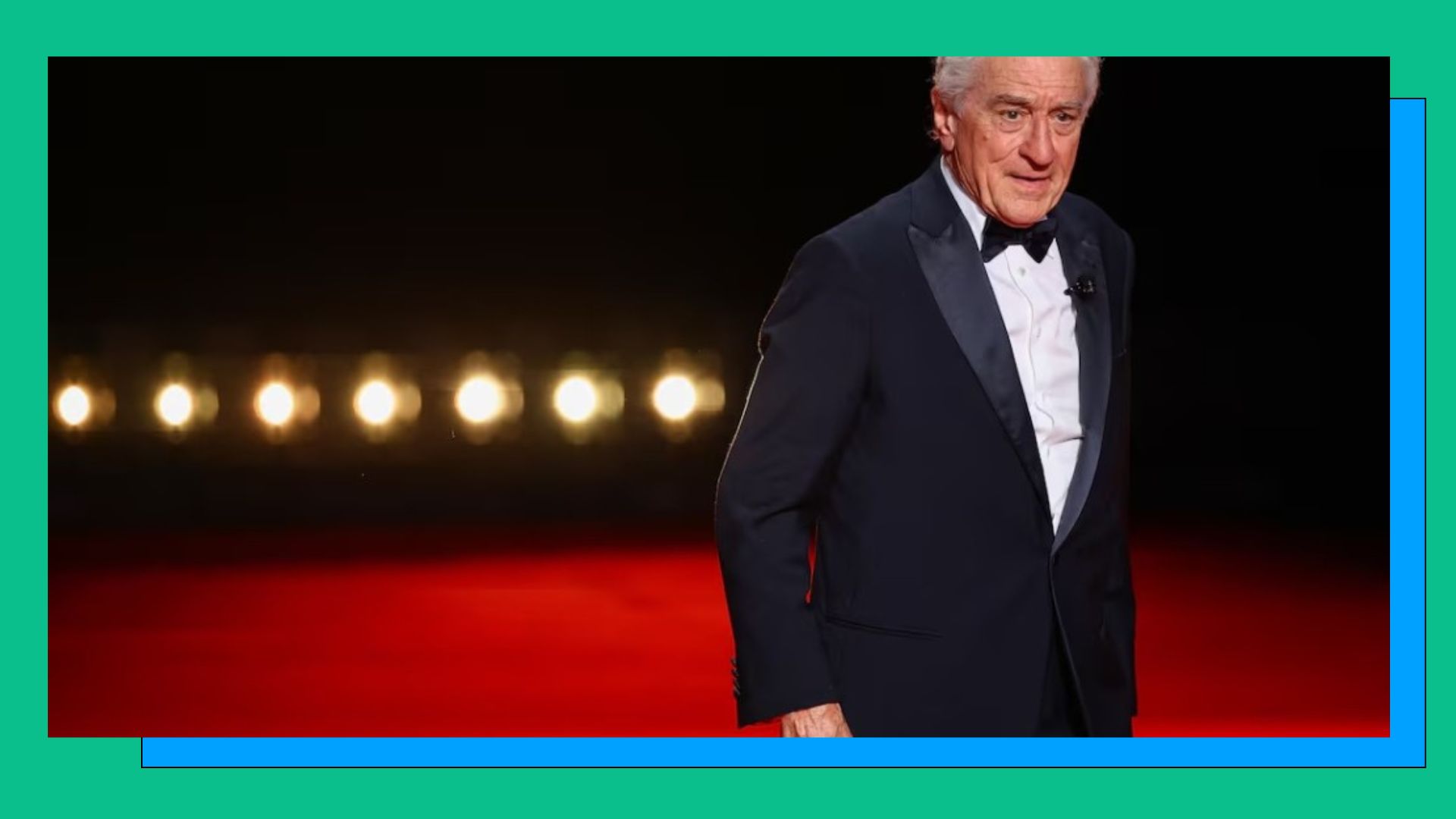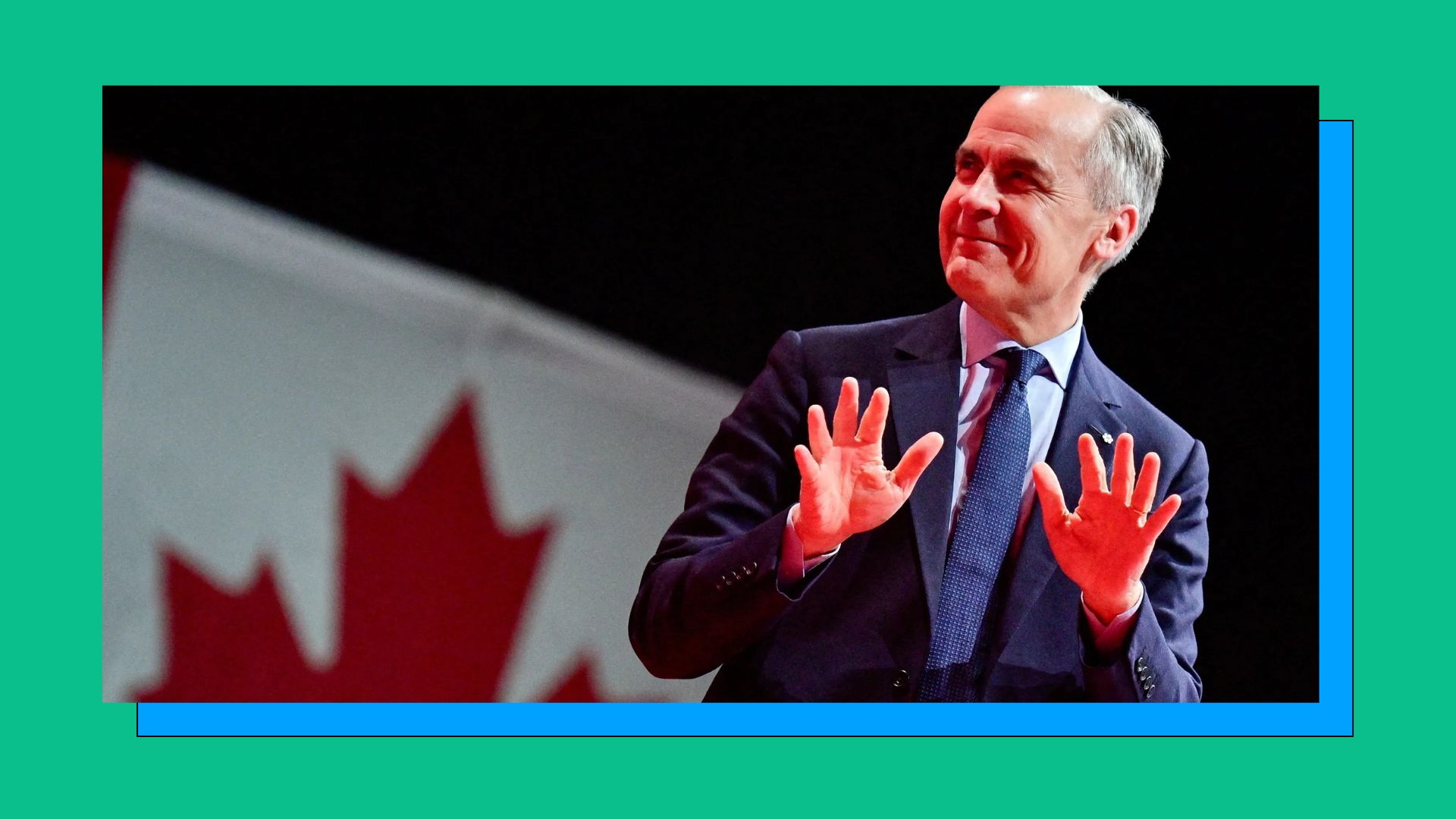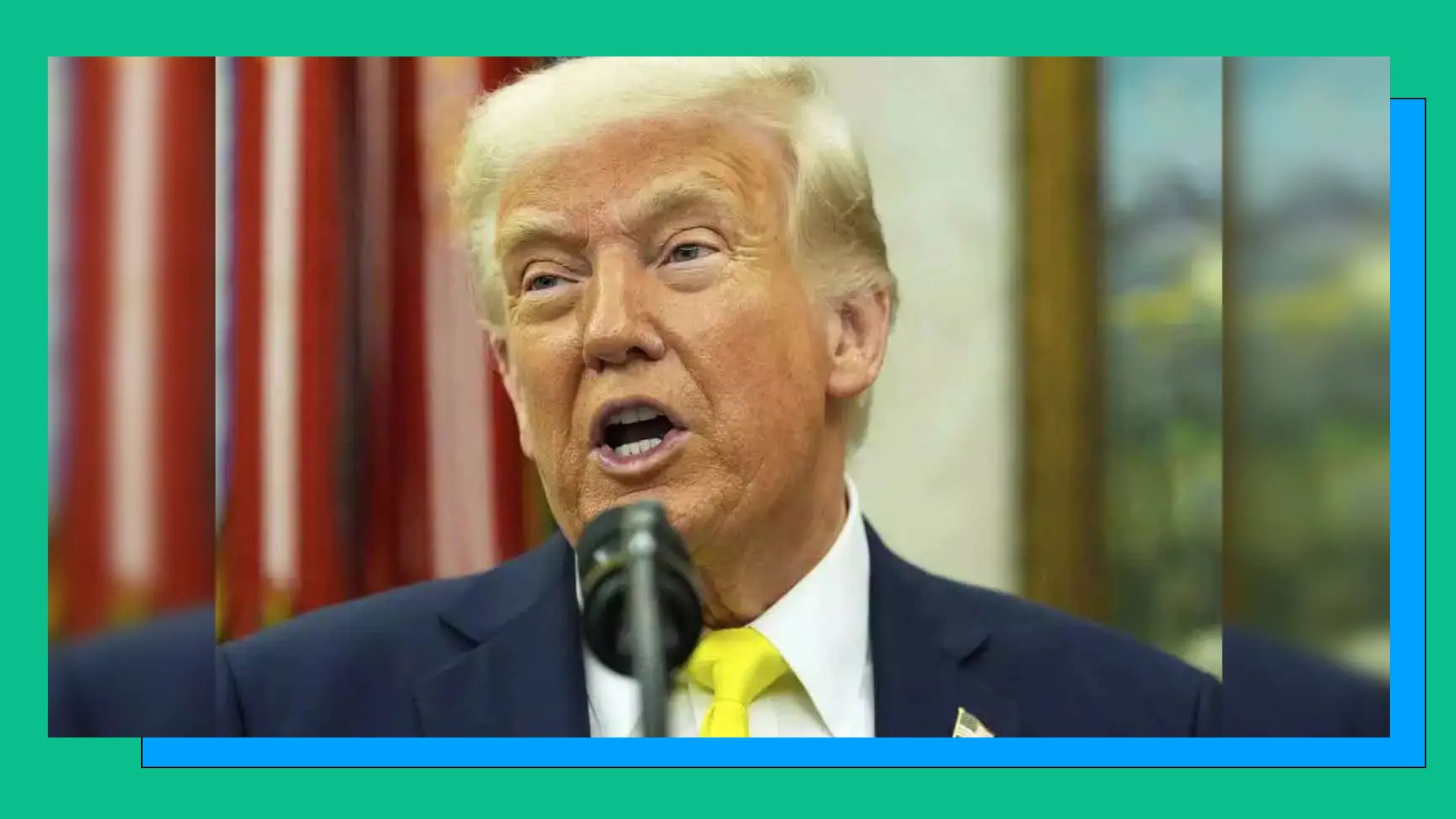President Donald Trump’s growing involvement in the cryptocurrency space is drawing increasing scrutiny, as critics warn of unprecedented potential for corruption and ethical violations.
A New Scale of Concern
Unlike past controversies tied to Trump’s hotels and casinos, his crypto ventures have introduced a new level of complexity and scale. Unlike hotel stays or gifts, cryptocurrency transactions can be anonymous, borderless, and virtually unlimited in value.
Recently, Trump and his sons have expanded their crypto-related ventures to include:
- Two meme coins linked to the Trump brand
- World Liberty Financial, a cryptocurrency exchange that issues its own token
- American Bitcoin, a mining firm backed by Donald Trump Jr. and Eric Trump, which is preparing to go public
Selling Access Through Crypto
A recent auction tied to Trump’s $TRUMP coin offered the top 25 holders a private dinner with the president and a VIP tour of one of his clubs. Critics have labeled this a direct “pay-to-play” scheme.
“He is essentially selling access to the presidency of the United States,” said Jordan Libowitz, VP of Communications at Citizens for Responsibility and Ethics in Washington (CREW).
Libowitz described the auction as the kind of scenario the Constitution’s emoluments clause was meant to prevent — specifically, foreign governments using gifts or payments to gain influence over federal officials.
Enormous Financial Stakes
According to Chainalysis, investors poured an estimated $148 million into the Trump meme coin in recent weeks. About 80% of the coin supply is held by two Trump Organization affiliates, who reportedly collected at least $1.3 million in transaction fees following the auction announcement.
Moreover, World Liberty Financial reportedly secured $2 billion in deposits from an Abu Dhabi-backed fund — a deal that prompted backlash in Washington and helped derail crypto legislation in the Senate.
“It complicates our work here,” said Sen. Cynthia Lummis (R-Wyo.), a co-sponsor of the bill.
The Bigger Picture
Libowitz noted that crypto, while still niche, offers Trump a level of influence and profit that is difficult to regulate. A 2024 Pew study found only 17% of U.S. adults had interacted with cryptocurrency, which adds to the opacity of the issue.
“There’s a limit to how many $800 hotel rooms you can book,” Libowitz said. “But someone can just make a $20 million crypto purchase, and that’s a scale we’ve never seen before.”
Despite growing questions, White House Press Secretary Karoline Leavitt dismissed concerns, stating:
“This White House holds ourselves to the highest of ethical standards.”
However, ethicists and legal experts remain unconvinced. The combination of anonymity, high transaction volumes, and Trump’s deregulation efforts could create a feedback loop that enables large-scale, opaque financial influence — potentially from foreign sources.










